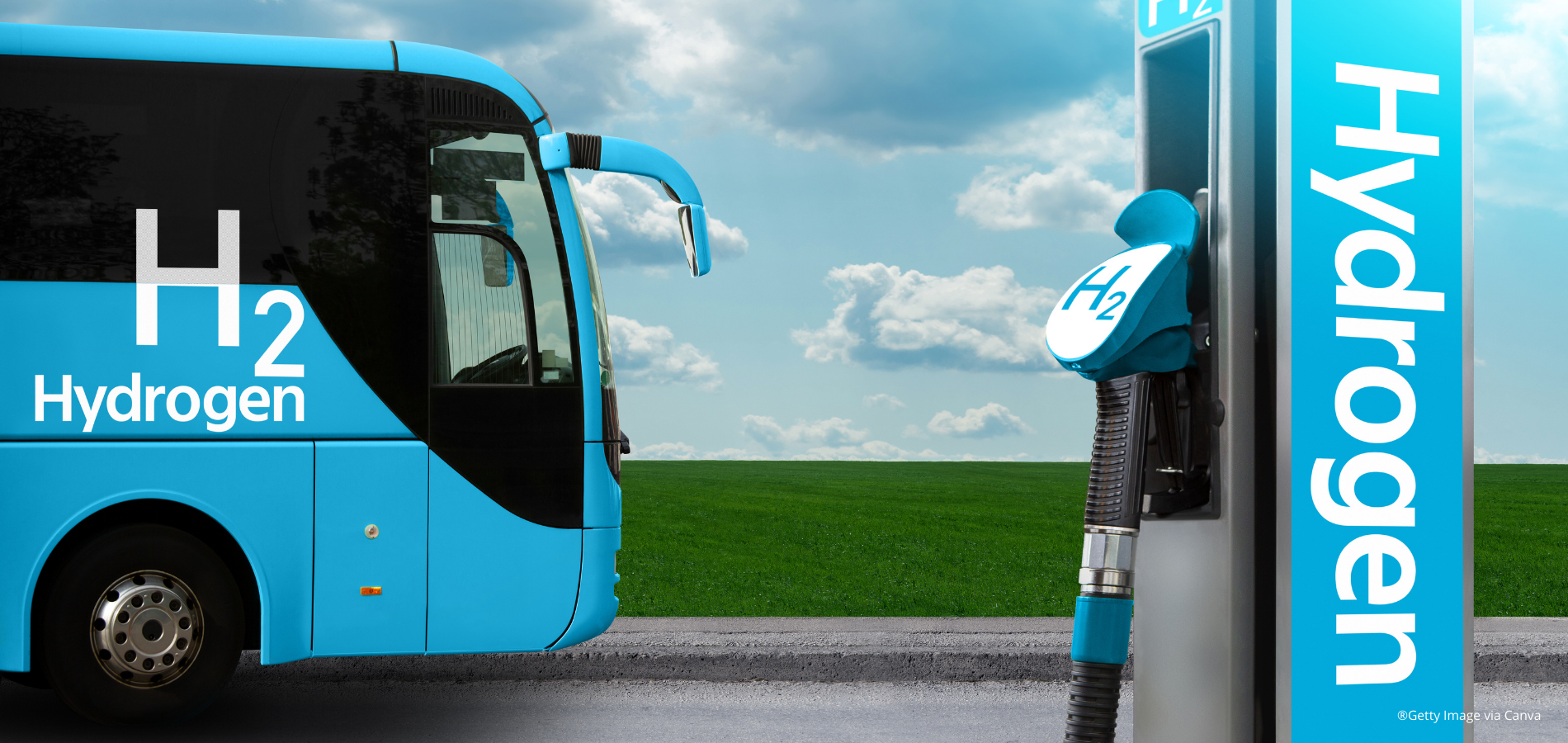Best Practice Report – Fuel Cell Buses

As the deployment of FCBs are expected to run faster, this report by FCH provides some first Best Practices on the matter.
As more local and regional authorities are requiring public transport bus operations to become emission free, Hydrogen Fuel Cell Buses (FCBs) have the capacity to deliver on these goals.
The Fuel Cell and Hydrogen 2 Joint Undertaking (FCH JU) has provided funding to the JIVE (Joint Initiative for Hydrogen Vehicles across Europe) and JIVE 2 – both projects working on the deployment and commercialisations of FCBs.
Through consistent monitoring and analysis of JIVE and JIVE 2 activities, the report documents Challenges and Best practices solutions to pave the way towards the commercialisation of FCBs. It reports on the benefit of new users of the technology and lessons learned up to the current stage of procurement of FCBs and Hydrogen Refuelling Stations.
The report gathers key, concise information about the projects, with the purpose to be forwarded to stakeholders considering FCBs technologies such as decision-makers from municipalities and regions, public transport authorities and operators.
It is the second publication of Best Practices under JIVE and the first under JIVE 2, which are both running in parallel and collaborating closely together. The projects are evolving in five stages. Thus far, the report provides information on the first three stages: project conceptualisation, financing and planning, and procurement. As the projects progress to later stages, more Best Practices will follow.
